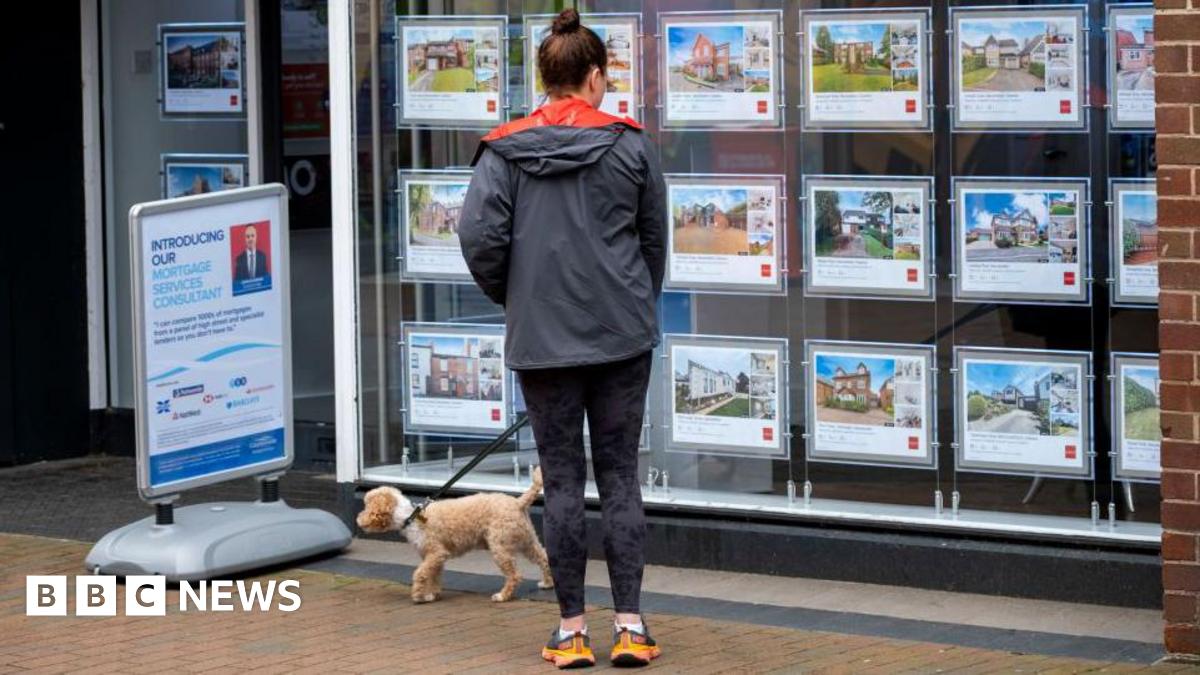Capital gains tax (CGT) is a charge on the increase in the value of an asset when you sell it.
It applies to the sale of things like paintings, second homes, and stocks and shares, but main homes are currently exempt from CGT.
So, if you bought the main home you live in for £200,000 and sold it for £210,000, you are entitled to all of that £10,000 – barring some exceptions such as for those whose main homes are over 5,000 sq m (just over an acre) or who have let part of it out.
The government is considering removing this relief for pricier homes, according to the Times, which would mean those sales would be subject to CGT, the current rates being 24% for higher-rate taxpayers and 18% for lower-rate taxpayers.
How much this would raise depends on what the value threshold is for homes to be hit by the tax – in the last financial year, the tax raised £13.3bn.
Critics argue that removing CGT relief for higher value home sales would slow down those transactions, meaning it might not raise as much as the government would like.
Simon French, chief economist at Panmure Liberium, told the BBC that axing the relief “would be potentially incredibly lucrative but also incredibly controversial”.
Ahead of last year’s election, Labour ruled out imposing capital gains taxes on primary home sales, with Sir Keir Starmer saying he “absolutely” guaranteed it wouldn’t happen over Labour’s first parliament.
